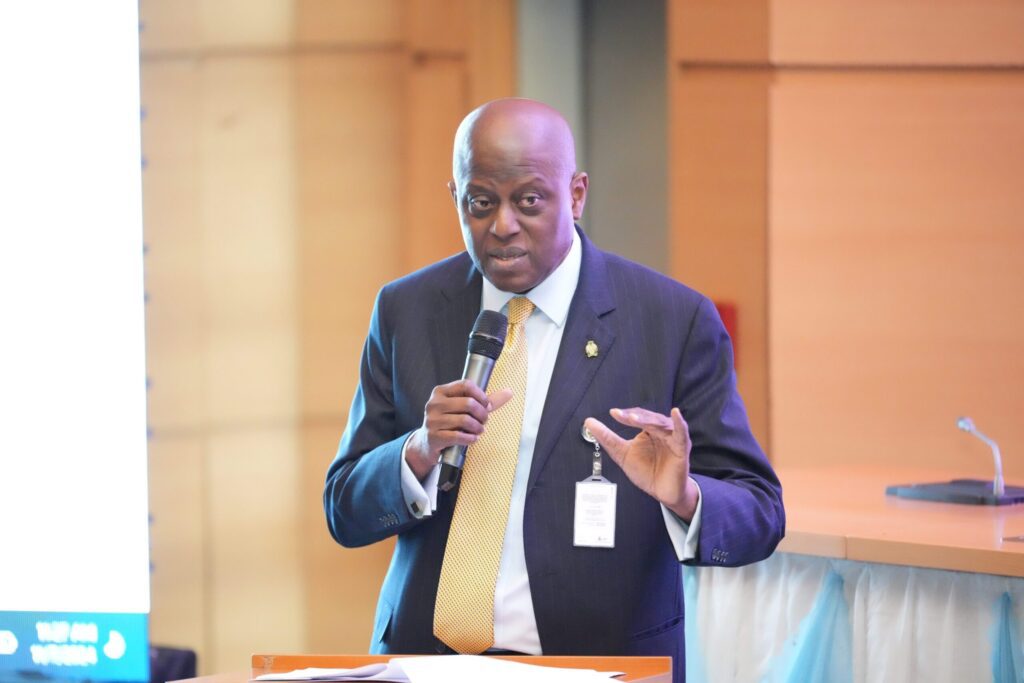
By : Abigail Ikhaghu
7 Aug 2025

The drive for financial inclusion in Nigeria is often measured in the number of banking agents deployed or mobile apps launched.
Yet, beneath the surface lies a more decisive factor: infrastructure. As payment service banks (PSBs) step into the spotlight, their ability to truly close Nigeria’s inclusion gap will be determined not by how many touchpoints they deploy but by the strength and resilience of what powers them behind the scenes.
The promise and the problem
PSBs were conceived by the Central Bank of Nigeria (CBN) to extend financial services to the unbanked, particularly in rural areas where traditional banks have struggled. With an estimated 38 million Nigerians still excluded from the formal financial system, the stakes could not be higher.
However, many PSBs remain underutilised. While agent networks expand and mobile channels proliferate, the core challenge is more foundational.
True inclusion requires infrastructure capable of handling high transaction volumes, ensuring real-time settlement, seamlessly integrating with national platforms like the Nigeria Inter-Bank Settlement System (NIBSS), and maintaining resilience amid fraud threats, network failures and evolving regulatory demands.
Bloc, for instance, provides embedded finance tools and APIs that help fintechs and licensed institutions launch scalable products efficiently. Interswitch has long anchored Nigeria’s payments ecosystem, from transaction switching to card issuance.
Yet many of these services, while critical, are not fully optimised for PSBs. The demands placed on a PSB are unique. They must accommodate biometric KYC protocols, integrate seamlessly with card schemes, interface with agent management systems, and do so within strict regulatory parameters without requiring large in-house engineering teams.
This is why some PSBs are moving away from fragmented systems in favour of end-to-end platforms, which offer integrated functionality, regulatory alignment and deployment speed.
Inclusion versus resilience?
A fundamental question arises: can we rapidly scale financial inclusion to underserved communities without sacrificing the resilient infrastructure needed to keep systems running, users protected and regulators satisfied?
Picture an agent in Zamfara attempting to facilitate a transfer to a trader in Kano. If the backend infrastructure fails, whether due to downtime, latency or fraud, trust is eroded, and the financial chain collapses. For the excluded, such breakdowns are more than inconveniences they are systemic failures that reinforce distrust in formal financial systems.
Infrastructure, therefore, is not merely a technical decision but a social and economic imperative.
The path forward
To fulfil their national mandate, PSBs must be deliberate in choosing infrastructure that goes beyond present functionality to anticipate future demands: interoperability across APIs, integration with potential central bank digital currencies (CBDCs), and cross-border transaction capabilities.
As PSBs expand, those that invest early in resilient, scalable infrastructure will be best positioned to lead, not just in reach, but in impact.
While the spotlight often shines on consumer-facing fintechs and capital raises, the success of Nigeria’s inclusion drive may depend on the unsung efforts of infrastructure providers like Qore, building the rails, quietly but indispensably, beneath the surface.
Read Source Article here.
Build Tomorrow, Today
Let’s discuss how our products can give your business the boost it needs.

